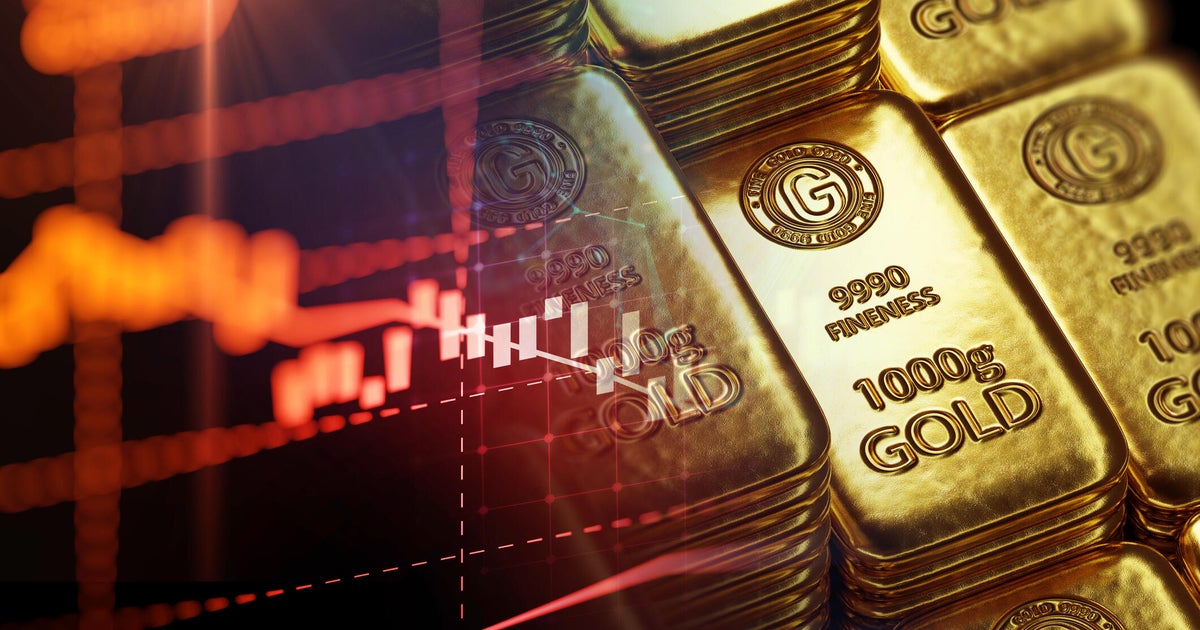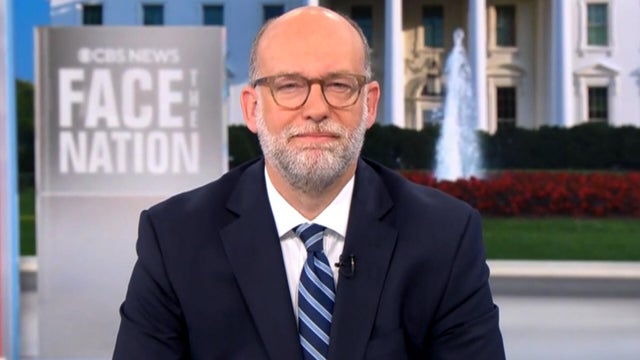

No response returned

Gold has experienced an extraordinary uptick in price recently, and has seen impressive movement over the last few months in particular. In April, we saw the hit an extraordinary $3,400 per ounce. broke previous records and reflects growing investor confidence in precious metals amid inflation concerns and heightened global tensions.
But while gold reaching new highs is great for current investors who are seeing their quickly, it can be cost-prohibitive for new investors who want to (and at the right price). So what needs to happen for gold prices to fall again and make the price of gold more affordable for those who want to invest now? Here's what experts had to say on the subject.
.
Here are six scenarios gold investing professionals believe could trigger :
"Given the rapid rise of gold prices in 2025, continuing on price gains in 2024, the most likely scenario for gold prices to fall could be good old-fashioned profit-taking," explains Henry Yoshida, CEO and co-founder of Rocket Dollar, a fintech platform helping investors tap alternative assets as a vehicle for retirement.
When investors see their gold holdings , they may and redeploy funds into other assets. This creates more supply in the market as investors move their money to investments such as real estate, stocks and bonds.
.
"If the dollar strengthens aggressively against other currencies, gold usually takes a hit because it becomes more expensive for foreign buyers," says Jack Hanney, CEO and senior partner at Patriot Gold Group.
A quick 5% to 10% jump on the Dollar Index would put serious pressure on gold, according to Hanney. This could happen if economic conditions abroad deteriorate faster than in the United States, or if worried investors flock to U.S. Treasuries for safety during market volatility.
if the Federal Reserve cuts interest rates to help accelerate economic recovery. "With lower interest rates comes improved labor markets, earnings and higher GDP," says Brandon Aversano, CEO of The Alloy Market.
This economic strengthening can change investor behavior. As employment improves and corporate profits rise, investors often shift focus from defensive assets (such as gold) to growth investments.
"Geopolitical risk is a big part of gold's current strength," says Hanney. "If there were breakthrough peace deals, stabilization and cooling tensions, it would reduce the fear premium baked into gold."
Yoshida suggests a reduction in geopolitical tensions could bring gold back to around $3,000 per ounce.
However, it's worth noting that while "headlines usually cause a dip, the structural problems with debt and currencies don't go away," Hanney says. "So, any cooling off would probably be temporary unless it's paired with real economic healing."
"If stocks suddenly start roaring back with strong earnings, investors [might] shift toward risk assets and lighten up on gold," says Hanney.
This scenario represents a classic example of asset rotation driven by changing market sentiment. During periods of strong economic confidence, investors naturally seek higher returns than what precious metals can provide. While gold offers stability, and , a thriving stock market's potential returns often draw capital away from it.
"If, instead of inflation, we get a severe deflationary collapse (such as a deep recession or credit crunch), there could be short-term selling pressure in gold as people liquidate assets to raise cash," warns Hanney. He notes that in the long run, however, "gold wins either way."
A major shift in inflation trends could also affect institutional demand.
"Central banks have been buying gold at a record pace as a hedge against inflation," says Aversano. "As inflation begins to cool, [their gold purchases] may begin to taper off."
This reduction in institutional buying could drive prices lower.
While several scenarios could cause gold prices to decline, experts caution against waiting for the perfect entry point. "Investing in gold should always be a long-term play as timing the market is difficult and returns are almost always better the longer you allow an asset to appreciate," Aversano advises.
Hanney views gold as financial protection. "Gold is insurance against rising debt, currency erosion and growing global fractures," he says. Like home insurance, the protection gold offers is most valuable when secured before you need it — not after market turmoil has already begun.




